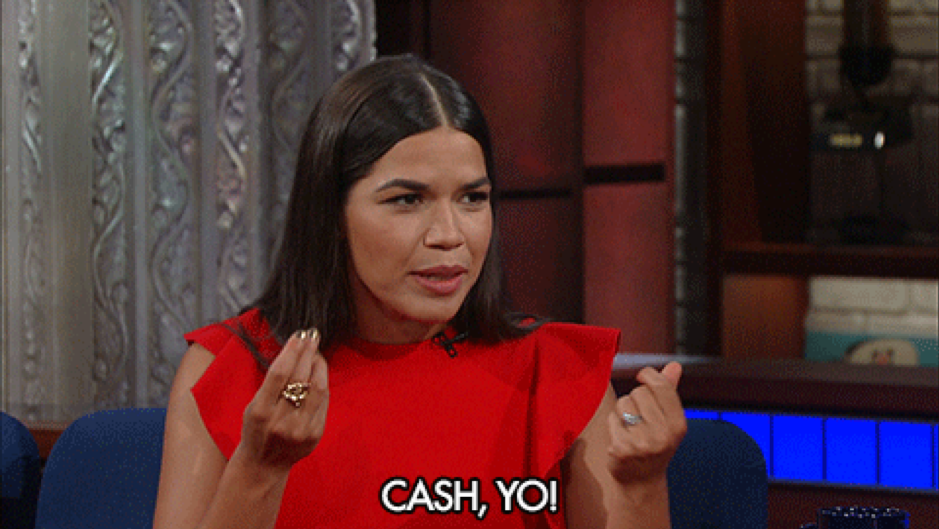MENU
×

 Driving advice
Driving advice
3 min read
Whether it’s for the right reasons or the wrong ones, nobody ever forgets their first car. But if you’re a new driver and looking to buy your first vehicle, it can be confusing knowing what to buy and how exactly to buy it.
Fear not, as we’re here to help! Read on for our complete guide to buying your first car, tips for making sure you get a good one and some pointers on getting affordable insurance.
Well, right off the bat you’ll likely know that used cars are much cheaper to buy outright than new ones, so the majority of first-time drivers will get a used car in order to cut costs.
But it doesn’t have to be prehistoric to be inexpensive, either. Most cars lose value over time, and a second-hand car can be typically bought for as little as a third of its original price after just three years on the road!
There is a lot to be said for buying new too. New cars generally come with warranties to protect you if your vehicle breaks down, usually for three years, but in some cases up to five or even seven.
You can get a warranty for a used car too, but they typically last for shorter periods of time and can be more expensive. If you go without a warranty, the price of fixing your car if it breaks could sometimes cost almost as much as what you spent on the car itself!
Lots of people also now buy cars using different types of finance deals which in some cases can make a new car more affordable, but we’ll explain more about that later.

If you’re fortunate, you might know a friend or family member with a vehicle for sale that you could buy off them. If not, then for most people you’ve got a choice of either buying a car from a dealership or from a private seller.
Auto Trader is great for searching through cars for sale, and also offers a handy smartphone app you can browse on the go. Auto Trader also lets you see whether the car is being sold privately or by a business.
In recent years, Facebook has become an increasing popular place to buy and sell vehicles too, though in most cases this will be from private sellers only.
There are pros and cons to both. With private sellers, you can usually get the car for cheaper than you would at a dealership, and there’s also usually more wiggle room to knock the price down further.
However, buying from a private seller is sometimes considered riskier given that dealers are bound by trade laws which private sellers aren’t. Dealerships can also offer warranty and servicing packages, as well as finance deals if you can’t afford the car up-front.
Remember this isn’t always set in stone. There will always be private sellers who have loved, cared for and maintained their vehicles to the highest standard, just as there will always be dodgy businesses selling sub-par cars.
Ultimately, the choice is yours but it’s always worth shopping around to see what the best overall deal you can get is.
You can pay for a full HPI vehicle history check, which costs around £20 and which provides loads of info on things like the car’s service history, whether it’s ever been stolen or crashed and whether it has any outstanding debt on it.
You can also get a Pre-Purchase Inspection, where a trained mechanic will personally go and visit the car, inspect it, take it for a test drive and then provide you with a detailed report on the car’s condition. You can either ask your local mechanic to do this, or you can order an inspection online in just a few clicks via sites like ClickMechanic.
Remember to ask for permission from whoever is selling the car before you organise an inspection.
Most sellers will be fine with it but they do have the right to refuse inspections – this could potentially be a red flag that there’s something wrong with the car, but some people simply don’t like the hassle.
Other things to look out for include a patchy service history or a missing log book. If there’s anything that seems off to you about the vehicle you’re looking at, it’s often worth hedging your bets and avoiding it. Anything that seems too good or too cheap to be true, usually is!

Sometimes it can be, but it’s not always the case and heavily depends on your own needs, wants and circumstances.
Many people now buy cars using finance deals, where instead of paying for a car up-front you split the cost into more manageable monthly instalments – just like how you pay for your phone contract.
Given that new cars are likely less prone to breaking down, available with warranty protection and generally safer too means that overall running costs – which include things like insurance and repairs – can be cheaper.
Nope. Depending on the specifics, a new car isn’t always cheaper. According to research, the price of the average monthly car payment is around £360, and finance deals are typically taken out for a three or four-year period.
In a single year, that would cost you £4,320, which could buy you a very decent used car that you would then own outright. Finance isn’t for everyone either, and you have to look at long-term affordability, for example what happens if you lose your job and can no longer pay the instalments?
For more in-depth information on the different types of car finance available and whether it’s right for you or not, you can read consumer site Which?’s guide to financing.
Err, how long is a piece of string? Insurance is one of the biggest concerns for new drivers and in some cases can cost more than the price of the car itself.
Insurance premiums are based on all sorts of variables including your age, driving experience and where you live, but crucially also on what kind of car it is that you drive.
You might have heard variously that new cars are either more expensive to insure or less expensive compared to used cars, but it’s hard to make blanket statements.
Well, cars which are worth more are costlier to insure and new cars are all worth more than their used equivalents, right? But then used cars which are worth only a smaller amount of money can be more expensive to insure given that their low value could indicate problems with the vehicle.
It gets more complicated still. New cars are usually safer, which could reduce your insurance costs, but then they’re also full of new technology which can make them pricier to repair and more attractive to thieves…
That’s before you get into things like power output and engine size, which will affect the cost of your insurance far more than whether the car is brand-new or a few years old.

It’s a bit of a bitter pill to swallow, but it’s more or less a fact that if you’re a new driver buying your first car you’ll have to pay a higher amount than average for your car insurance. However, there are several ways you can mitigate the costs and get some pretty serious savings.
One of the best methods is by taking out a telematics policy like ChilliDrive, which can offer significant discounts to new drivers using a device which monitors your driving style and actively encourages better, safer driving.
Good news! Just some of the advantages of ChilliDrive over more common ‘black box’ style telematics policies is that ChilliDrive offers an immediate up-front discount, carries no curfews or distance restrictions and doesn’t require any devices to be hard-wired into your vehicle.
For more information on ChilliDrive, how it works and whether it’s right for you, you can check out our Why ChilliDrive page.
Was this article helpful?
Thanks for your feedback!

Ford Fiesta, Vauxhall Corsa, Nissan Micra. Three of the most popular cars amongst young and first-time drivers nowadays.But ask your parents what their first car was and the chances are they might just reply with the exact same thing: Ford Fiesta, Vauxhall Corsa or Nissan Micra.
Learning to drive4 min read